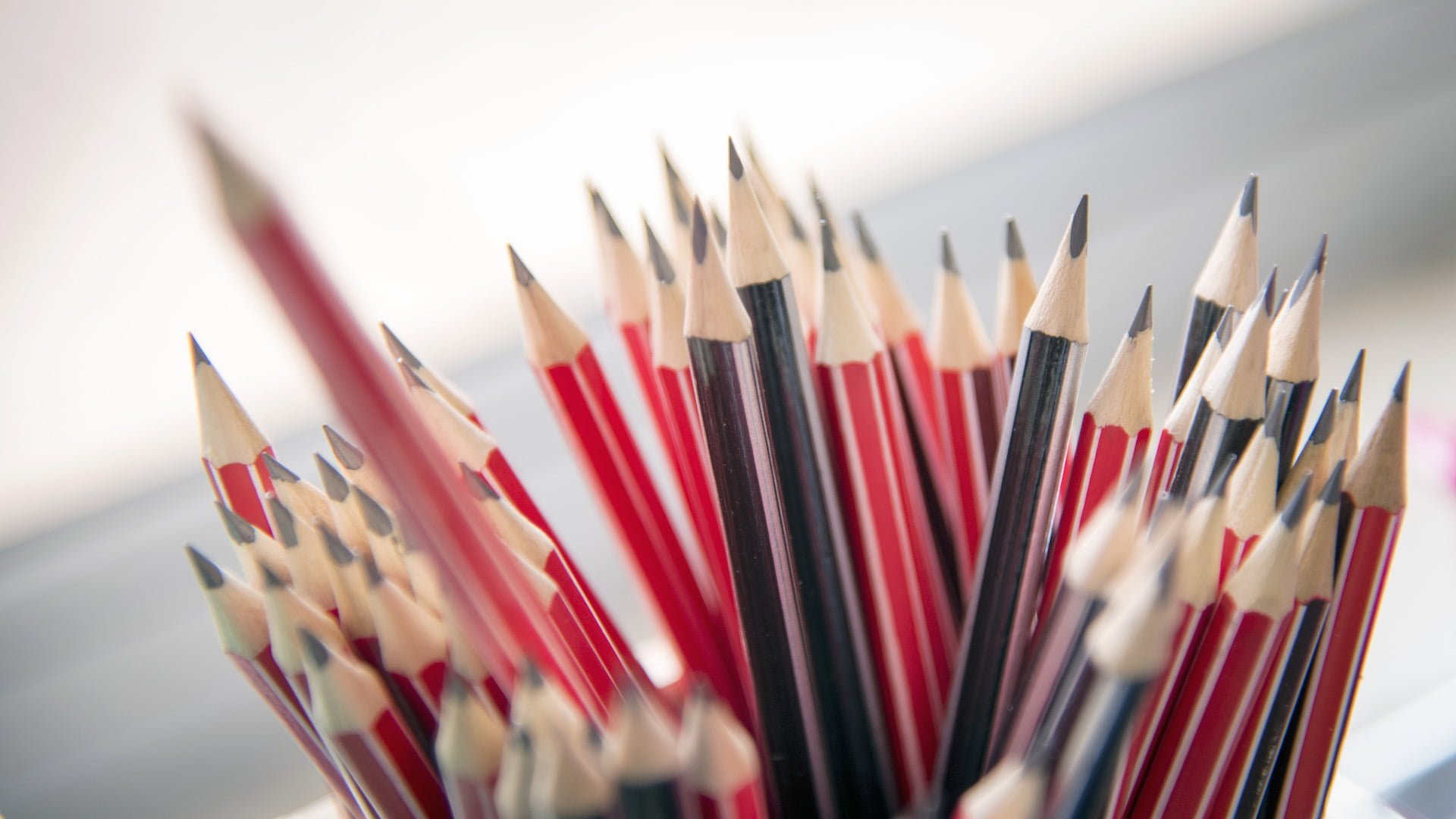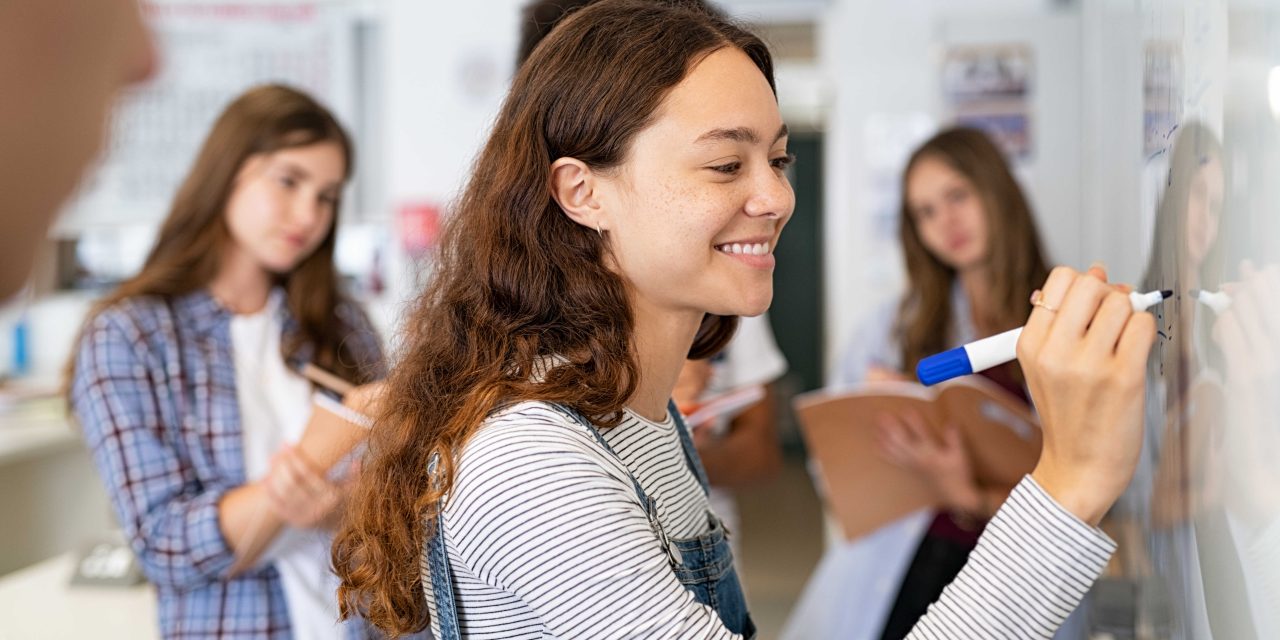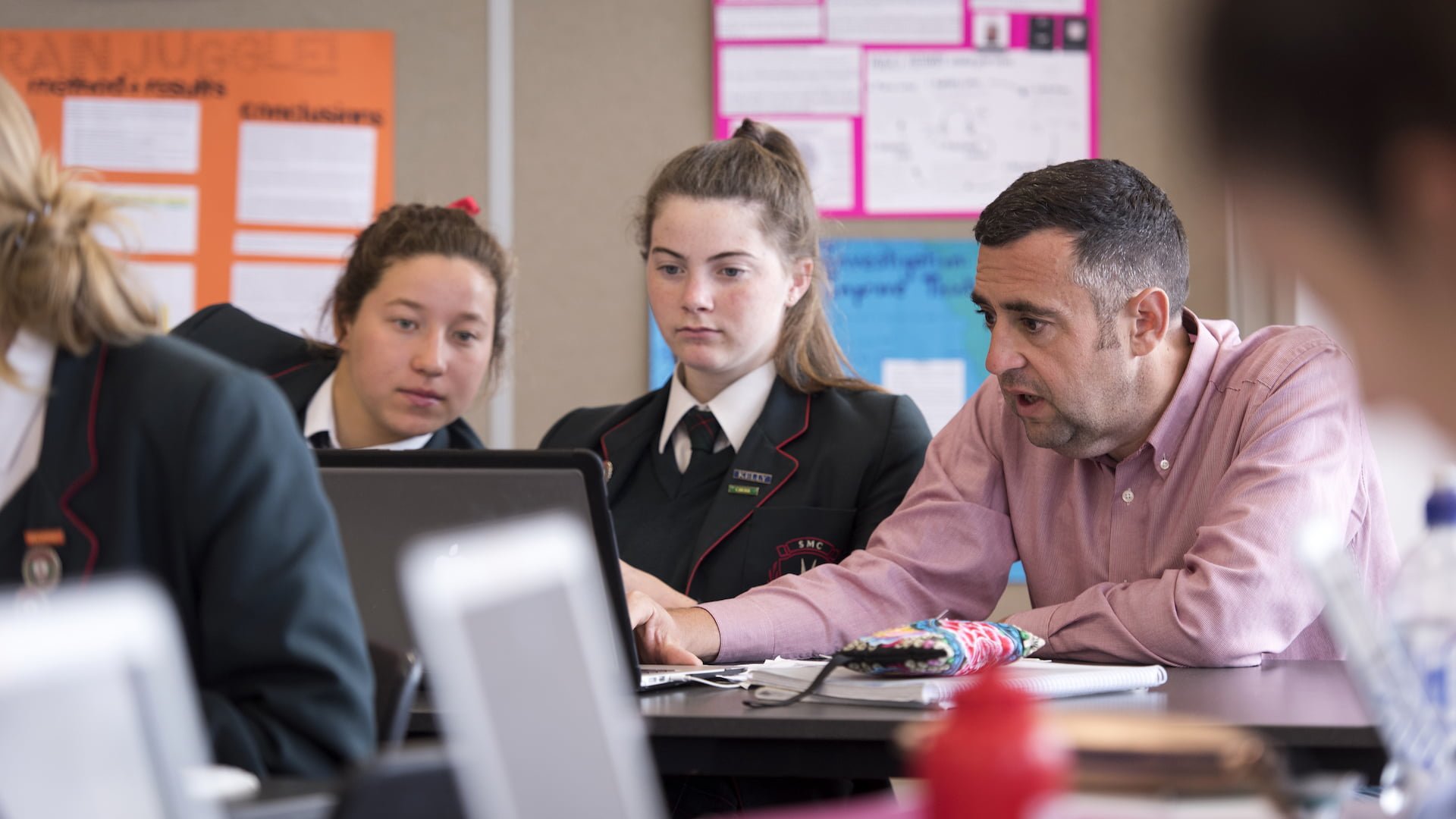If you want to become a better student, learn these five key skills. They provide a great base for success at school and beyond.
For me, the best moments in teaching come when a student realises they are in charge of their learning. There is a growing awareness that grades aren’t handed down as a gift or punishment from teachers, they are a reflection of learning behaviour. The next step is, they want to know how to be a good student.
Then… the teaching and learning can really begin.
Academic achievement is often seen by students and their parents as a mystery, or a code to crack. It isn’t. It is all pretty straightforward really. In order to optimise natural ability, there first needs to be an understanding of what makes a good student. Then a young person needs to learn how to be a good student themselves.
Good students share the following characteristics.
1. Appreciate the Value of Failure
Failure is one of the greatest tools in the learning process. Unfortunately, too many people are simply overwhelmed by the feeling of failure rather than being able to stand back and look at the lessons it can teach us. Having the tenacity to stare down failure is an extraordinary skill and it comes hand in hand with grit.
By nature of our constant connectivity and sometimes overly dramatic media we have a culture of catastrophizing. In this environment, keeping failure in perspective is akin to a superpower. Learn to accept the pain of failure, but then move on to look at failure in an analytical way. What is the size and gravity of the failure? What are its consequences? What can be learnt from the experience?
Learn from failure.

2. Recognise the Value of Teachers
A student’s relationship with their teacher is fundamental to their learning success.
Effective students recognise that their teachers are their allies. The importance of this relationship was born out in the ground-breaking research of Professor John Hattie. He found that the relationship between a student and their teacher was incredibly important. It can be a direct indicator of success.
We tend to see this relationship as being completely in the hands of the teacher. That isn’t the case. Effective learners contribute to the creation of this strong relationship. They recognise their teachers as valuable resources whom they need to work in partnership with. These students are easy to recognise, they participate in class, they stay after class and ask extra questions, and they make appointments with their teachers to get help if they need it. Great teachers value this relationship and develop it, in fact, they thrive on it. There is a warmth in the symbiosis.
3. Understand Your Own Learning
When you understand your own learning you are empowered to control it. What every student needs to understand includes:
a. What is expected? Teachers usually make their expectations clear by giving explicit expectations, assignment outlines and marking rubrics.
b. Deep learning involves overcoming confusion and frustration. Students need an understanding that the learning process is more than just learning notes by rote and regurgitating them for a test.
c. How to study. There are countless revision techniques and study aids. Each student will find some more effective than others. It will be a process of trying different techniques to find what is comfortable for each person.
d. How to channel stress into success. The way each student handles stress is a sign of their resilience and self-awareness. This stress management can be taught. This link is to educational psychologist Andrew Fuller’s article on Preparing for Tests and Exams. He is very practical and sensible and he speaks to students directly. I highly recommend his whole website to students and their parents.
e. Self-management behaviours. Many schools conduct review meetings with Senior students to coach them on their progress. What often defines successful students in that context is that they are highly organised, and they have study routines and schedules that they stick to. They take responsibility for their learning.

4. Set Goals
Goal setting focuses a student’s attention towards certain behaviours and information and away from distractions. Research tells us that incremental goals are far more effective than large goals. If a student is able to break down a big goal, like achieving a higher grade, into small bite-sized pieces they are more likely to be successful. For example, try for a couple of percentage points higher in each assessment.
Incorporate the feedback you receive on each test and assignment into your planning and study. The small wins will eventually lead to big achievements.
5. Practise (Or Practice if you are American!)
Practise is incredibly important. We would never go into a high-level sporting event without practising first. Yet a lot of students will go into an exam never having practised exam technique before. You WILL get better at sitting exams and tests with practise. You will better assess the timing required, become better at coping with the stress of the situation and you will have a greater understanding of the subtle phrasing and demands of questions.
In conclusion…
There are other characteristics of good students, but these are the fundamentals. The importance of adopting these behaviours is obvious at school, college, and university because we have to confront tests and assessments and examinations. However, the real test of a great learner is whether this enthusiasm and drive for learning continue beyond the checks and balances of formal education.
Does a person love learning for the sheer joy of it? That’s what we call a life-long learner. And the steps beyond that are great thinkers and creators. May you become one of them and inspire all those in your world.
How to be a better student poster
My Good Student Download is perfect for class, at home, or to stick in a workbook. (Watermarks will be removed on download) You will also receive my fortnightly articles straight to your inbox. DOWNLOAD POSTER HERE
DOWNLOAD POSTER HERE






